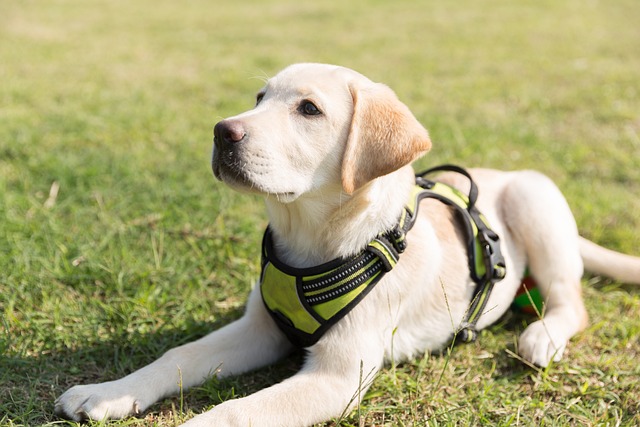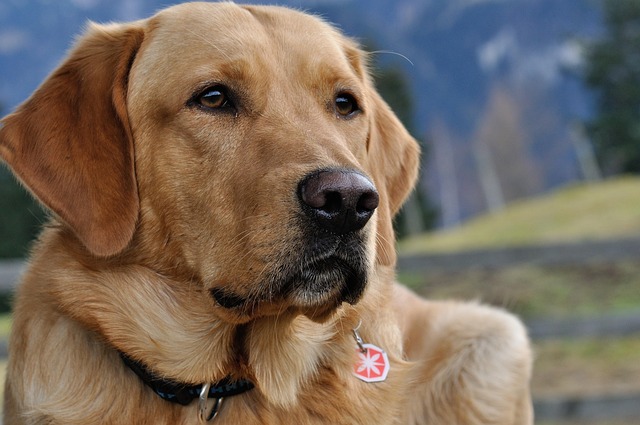
What are the disadvantages of grain-free dog food
I sat with my friend Maya in her Atlanta apartment kitchen last month, as she stared at a half-empty bag of grain-free dog food and her 3-year-old German Shepherd
What do dogs think when you leave them for a week? It’s a question that tugs at the heart of every new dog owner in the US, especially when booking that long-awaited vacation. While we can’t read their minds, their behavior gives clues—clues rooted in their pack instincts and love for routine.
From a behavioral perspective, dogs live in the moment, but they also thrive on consistency. When you disappear for days, their first reaction is often confusion: Where did my person go? When will they come back? Puppies or dogs with separation anxiety might pace, whine, or refuse food. My sister’s rescue mutt, Charlie, spent the first two days of her trip hiding under the bed, even with a sitter—he’d never known her to be gone that long. Over time, though, most adapt, especially if their routine stays steady. They don’t hold grudges; they just miss the daily rituals: morning walks, couch snuggles, the sound of your keys jangling.
To ease their stress, prep your caregiver with a detailed schedule. Leave familiar items—your old T-shirt, their favorite toy—to smell like home. Do a trial run: stay overnight at a friend’s house to see how they cope. If they get anxious, ask the sitter to do short training sessions with treats—positive reinforcement keeps their mind busy and builds trust. Avoid making a big fuss when leaving; calm goodbyes signal “this is normal,” which helps them relax.

Legally, ensuring your dog’s care while away is key. In states like Texas and Florida, leaving a dog without proper care (food, water, shelter) can be considered neglect, even if you’re on vacation. Make sure your sitter knows about their rabies vaccine status—proof might be needed if they need emergency vet care. And if the sitter takes them out, remind them to carry poop bags; fines for littering with pet waste hit $200 in places like Denver.
Culturally, Americans see pets as family, so skimping on care isn’t just frowned upon—it’s unthinkable. Never scold a dog for accidents or destruction after you return; stress might have triggered it. Instead, greet them calmly, then spend extra time playing to rebuild their sense of security.
In apartments, inform your landlord if a sitter will be visiting—some require guest registration. If the sitter walks your dog in the community, remind them to keep them leashed and avoid busy times, like morning rush hour, to prevent overstimulation. A calm walk means a calmer dog while you’re gone.
Leaving your dog for a week isn’t easy, but with preparation, they’ll weather it just fine. They might not “think” in human terms, but they’ll feel your care in the routine you set—and greet you like you’ve been gone forever when you walk through that door.

I sat with my friend Maya in her Atlanta apartment kitchen last month, as she stared at a half-empty bag of grain-free dog food and her 3-year-old German Shepherd

I sat with my friend Molly on her Phoenix patio last month, where her 5-year-old Labrador, Cooper, lay dozing on a cooling mat

I sat with my friend Lexi on her Houston apartment couch three weeks after her 3-year-old Pug, Luna, survived heat stroke—Luna curled up on a cooling mat

Blind dogs rely entirely on their owners to keep their eye area healthy, as even small irritants can cause big discomfort. Start with daily checks—run a clean, damp cotton ball along the corners of their eyes to wipe away any crust or discharge.

I sat with my friend Mia on her New York City apartment floor last weekend, where her 3-year-old French Bulldog, Louie, was scratching his ears so hard he whimpered

Most dog owners notice their pup’s stinky breath or yellowed teeth at some point, and that’s when the question of cleaning costs pops up.